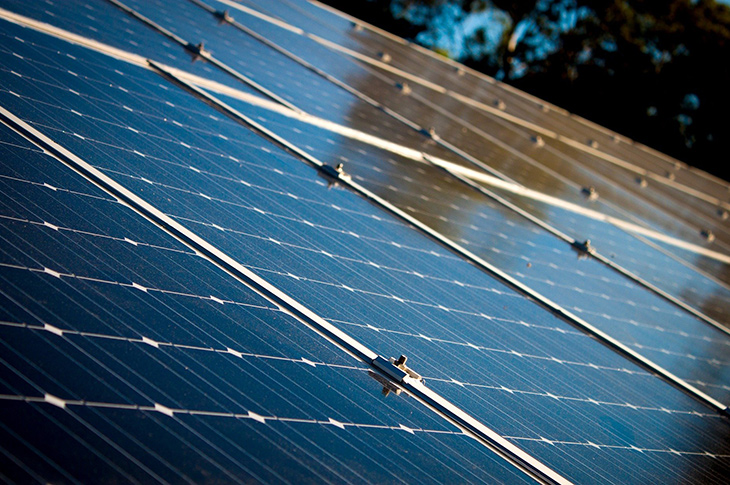Local authorities across Greater Brighton are taking great strides forward in their joint push towards net zero living and working.
A report for the Greater Brighton Economic Board (GBEB) shows that extensive progress is being made by councils within the city region towards their climate pledges: view the report.
Under Greater Brighton, which includes seven local authorities in Sussex as well as universities, further education colleges and business leaders, the partners are working innovatively together to combat climate change by reducing their net carbon emissions to zero, using a set of pledges known as the GB10.
A key success named within the GBEB report includes the fact that several authorities are successfully phasing out diesel vehicles from their fleets in favour of electric equivalents.
More than 1,200 homes have been visited by Southern Water in the last 12 months to help households to reduce their water consumption and improve their energy efficiency, working towards the company’s commitment to reduce water consumption to 100 litres per person per day by 2040.
The report also highlights examples of Greater Brighton councils successfully upgrading and replacing infrastructure in order to facilitate a transition to zero carbon, for example the use of ground source heat pumps to help decarbonise heating in council-owned homes and public buildings, the use of solar panels, and the widespread installation of electric vehicle charging points.
Commitments to biodiversity and nature also feature in the pledges, with good progress also highlighted in the reports. In Brighton, a successful ‘Rainscape Campaign’ by The Aquifer Partnership has provided a specially landscaped solution to managing surface water that will improve water quality and biodiversity in Wild Park, Moulsecoomb.
Meanwhile, the Sussex Kelp Restoration Project is seeing promising signs of growth in a planned kelp forest off the Sussex coast, which would act as a carbon sink as well as improving coastal and marine biodiversity. When complete, the kelp forest alone could remove 70,000 tonnes of carbon per year from the atmosphere.
Cllr Phélim Mac Cafferty, the chairman of Greater Brighton Economic Board, said:
“Throughout the Greater Brighton area, every local council is committed to reducing our carbon emissions and the GB10 pledges are the driving force behind this work.
“The annual pledge report is a powerful and timely reminder of the commitments we need to make to protect our environment.
“Over the past year, unprecedented weather conditions have been a stark reminder of the urgent need to combat climate change by moving to net zero. At the same time, the spiralling cost of living has highlighted the need to transition to energy sources that will drive down energy bills and help us to address inequalities and tackle fuel poverty in our communities.
“This year’s annual review shows the strong progress that’s been made on these pledges by local councils and the other valued organisations through the region, but there’s still considerable work to do.”
Find out more about the GB10 pledges.
The Greater Brighton city region covers 7 local authority areas, stretching from Bognor in the west to Seaford in the east, and up to Crawley in the north of Sussex. Greater Brighton Economic Board was formed in 2014 to protect and grow the city region’s economy through creative, innovative initiatives which coordinate economic development activities and investment.

